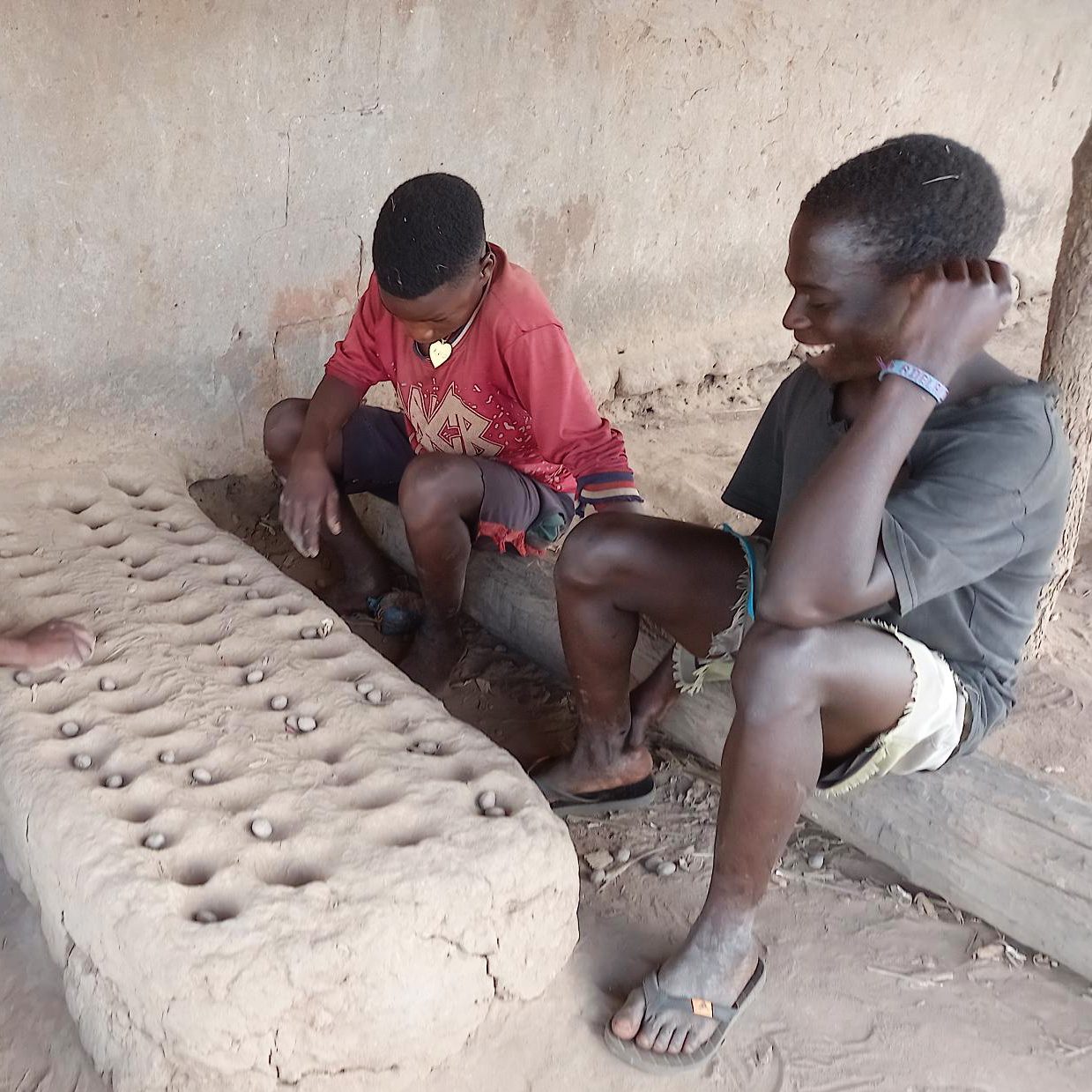Balama, a multiculticultural district in Mozambique. Limited resources and a great growth potential.

The Balama district is in the northern of Mozambique. Here most people are engaged in the field of subsistence agriculture and work under precarious conditions, where different cultures share a habitat lacking access to the primary services, and the water sources are insufficient.
Rural communities in Mozambique challenging constantly with the access to electricity: only 5% of the rural areas are electrified.
The two rural villages of Tauane and Angalia have recently seen a fast growth of the population due to the dislocation of many people fleeing from other districts.
The communities in these two villages, both long-residents and those who arrived lately have different cultures, customs, and habits. In addition, they speak various dialects, making it hard for people to communicate.
The combination of all these factors with the limited resources of the area is the main cause of conflicts within the communities.
For this reason, AVSI launched the project INCREASE: “Improving WASH and Energy services to enhance the economic opportunities of the refugees and host communities in Balama district, in the region of Cabo Delgato” financed by Swiss Agency for Development and Cooperation.
The aim of the project is to improve and to accelerate the economic development of rural communities by using productively the solar energy, accessing at water sources and improving the quality of life through activities for conflict mitigation.
The project supports 1.200 families in Tauane (about 6.200 people: 200 displaced and 1.000 native families) and 150 families in Angalia (about 700 people: 130 displaced and 20 native families), involving a total of 6.900 direct beneficiaries.
In this context AVSI has conducted a Market Research in the two communities beneficiaries of Tauane and Angalia aiming to identify the basic needs of the communities, the most urgent missing services, the existing business activities and their financial capabilities. The purpose of the research is to figure out the main obstacles for the local financial development and to identify which services could be supported with the installation of two solar powered kiosks by photovoltaic systems. Some requests of the community: access to safe drinking water, business activities to provide deep-frozen products, barbering and tailoring activities.
During the interviews with local merchants emerged that:
- 32% of business activities are managed by very young people (16-25 y/o);
- Most every activity hires just one employer, only 4% hires up to three employers;
- The monthly earnings of about 80% business activities goes from 60 to 200 euros;
- 40% of the merchants do not save money at the end of the month;
- The nearest point of water to business activities is about 15 minute’s walk.
94% of the respondents assert that would open a new activity if there was access to an energy source.
During the interviews with families emerged that:
- most of them practice sustenance agriculture and only for their own consumption;
- few families are seller at the market, most of them exchange their products;
- the ones who sell their products use to bring them at the local market and then sell them to the communities members, or to the buyers arriving from local markets.
- most families do not borrow assets or fund.
The bridge between the communities: sport, dance and theatre

Living peacefully is the keyword to reach a deep and lasting development between different communities.
For this reason AVSI carried out an assessment aimed at identifying the hurdles for the local communities to live peacefully, through an evaluation of the conflicts made with the instrument of the focus groups that led to the creation of two Peace Building Committees.
Peace Building Committees consist in two people of the communities identified as “neutral people”. They have an active role recognized by each member and they will play an important role in mitigating conflicts.
The members of the Peace Building Committee are local leaders, administrative secretaries, counselors and community leaders.
The Peace Building Committees main aim is to raise awareness in the communities in various themes, such as respect, discrimination, equal opportunities, equality, human rights; to organize periodic meetings aimed at reinforcing the social cohesion by sharing ideas, exchanging opinions and analyzing local problems, so that dislocated people and host communities are able to live peacefully and to use the available resources in the most appropriate way.
Peace Building Committees will be involved in the activities of the community and in the selection of two steering committees for photovoltaic structures, which will be installed through the project Increase.
In addition to the meetings and to the awareness campaign, the main activities of the Peace Building Committees will include the planning of six big events, whereby art, theatre and sport will be the instrument to create union, sharing and fraternity.
Sport enables us to be a team, to learn what it means to support each other.
Theatre enables us to put ourselves in the other’s shoes. This is an essential exercise to develop empathy and comprehension, prerequisite to a happy and productive living together.
Art enables us to see how diversities mean to be more beautiful and how we can enrich one another.
In both of the communities have been set up groups of dancing, theatre, football and board games Ludo, which have involved the displaced and the people of the host communities.

